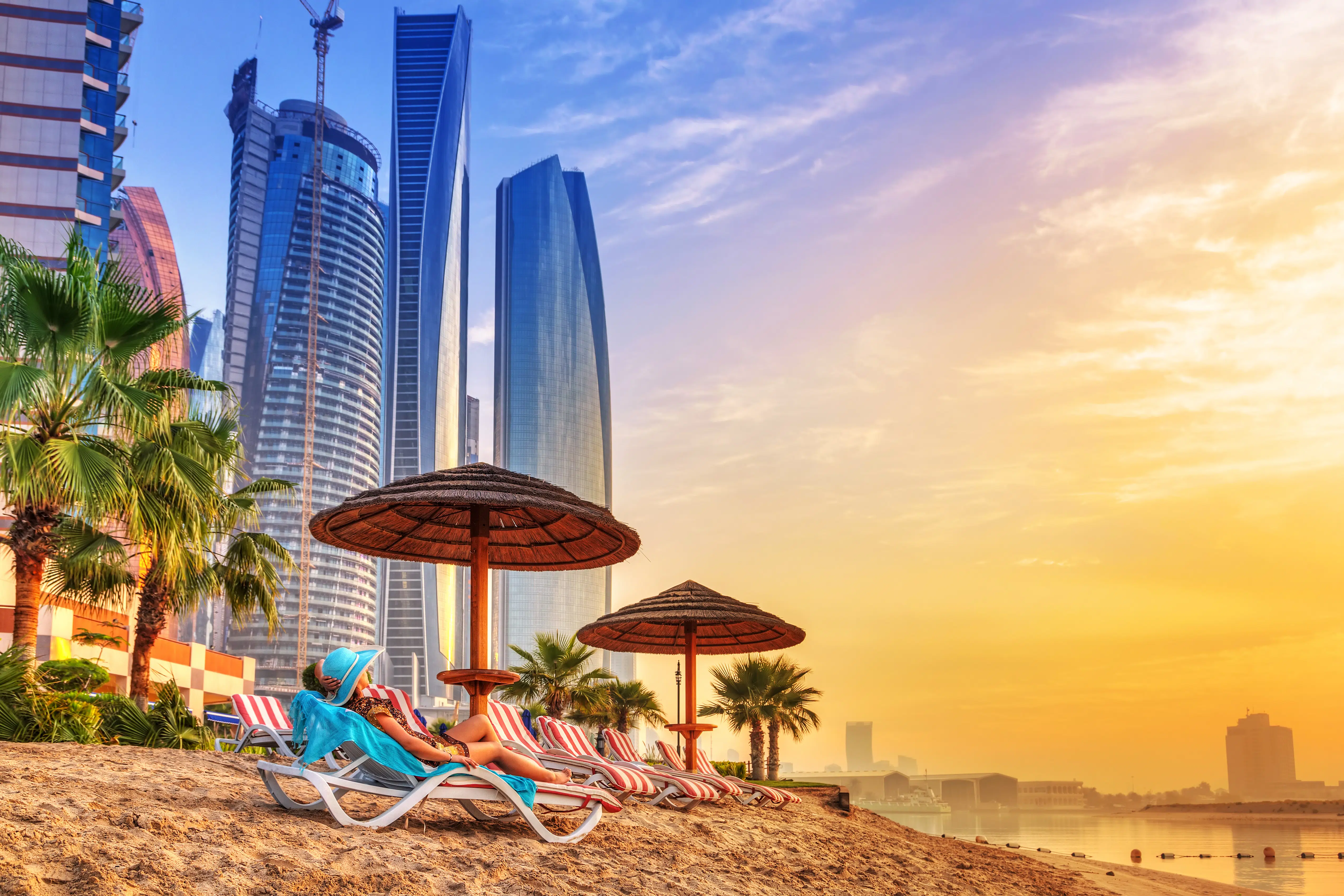Hatta Resorts, a popular outdoor destination in the United Arab Emirates, will reopen on September 15 for the cooler season.
The resort, located near the Hajar Mountains, offers a combination of accommodation, outdoor recreation, and cultural experiences aimed at both domestic and international visitors.
According to The National, guests can choose from Damani Lodges, hillside cabins with views of the surrounding mountains, and dome-style tents at Hatta Dome Park, some of which feature private pools.
Caravans, the resort’s glamping site, is now certified dog-friendly, allowing guests to bring pets along for their stay. This season also introduces day access to a swimming pool with sun loungers, adding another leisure option between hikes and activities.
Hatta Wadi Hub, the adventure attraction at the site, will continue to offer activities such as downhill carting, zorbing, archery, and wall climbing.
It will also host endurance events in November and December as part of the Dubai Fitness Challenge. Spartan and Tough Mudder obstacle courses are scheduled for November 1 and 2, while Ultra Trail Dubai, a long-distance running event through natural terrain, will take place from December 12 to 14.
In addition to recreation, Wadi Hub serves as a platform for more than 24 small and medium-sized enterprises, providing local entrepreneurs with opportunities to reach visitors. This combination of adventure tourism and small-business participation underscores the role the resort plays in regional economic activity.
Travel to Hatta is accessible by car in about 90 minutes from Dubai and roughly two and a half hours from Abu Dhabi.
The Dubai Roads and Transport Authority also operates bus services to the area. The H02 route runs daily from Dubai Mall to Hatta’s main bus station, while the H204 hop-on-hop-off bus provides connections to attractions such as Hatta Wadi Hub, Hatta Hill Park, Hatta Dam, and the Heritage Village.
For outdoor hospitality and glamping operators, Hatta Resorts provides an example of integrating accommodation, adventure activities, cultural experiences, and small-business participation into a single destination.
This model highlights how diverse offerings can extend visitor stays and create broader economic impact beyond accommodation alone.


